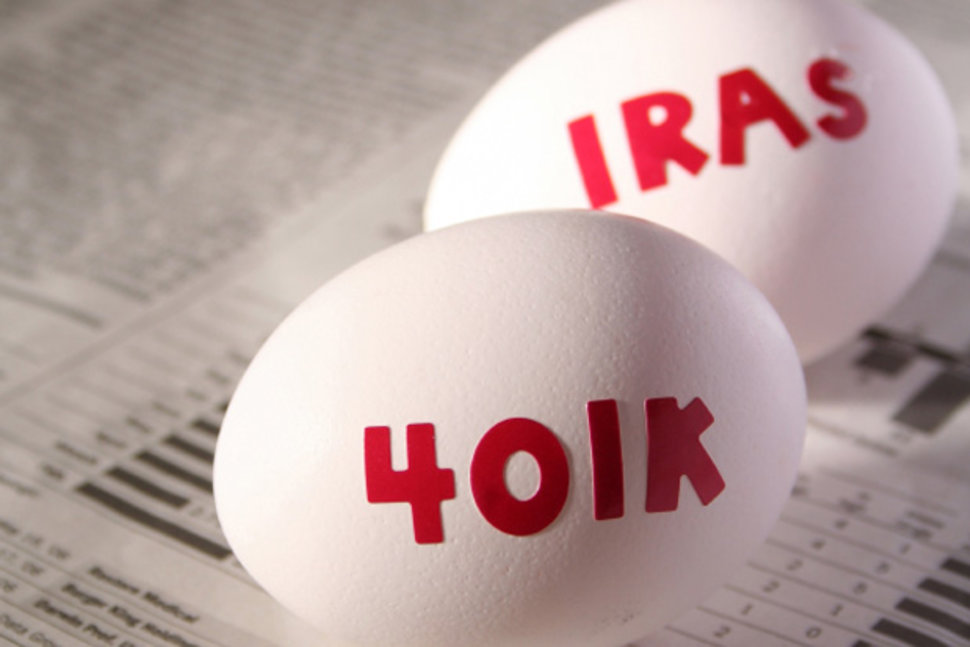Dear Debbie,
Q. I participate in a 401(k) plan with my employer but I am also self-employed. Can I contribute to an IRA plan while I am contributing to my 401(k)?
A. Yes, you can. A common misconception is that if you make a contribution to one qualified plan then you are prohibited from making a contribution to another qualified plan. This is not necessarily the case. You can continue to make a personal (employee) contribution to your 401(k) plan, which is limited to $18,000 in 2016 ($24,000 if age 50 or older), through your employer. Since you are self-employed, you can also open a SEP (Simplified Employee Pension) IRA plan and make contributions of up to $53,000 or 25% of your total compensation with your business, whichever is greater. While SEP’s don’t offer as many features as 401(k)’s, they do offer features which may make them a great option for the self-employed. In addition, as long as you have earned income, you can contribute to a traditional IRA plan, as well. Many individuals today are not adequately preparing for retirement. Maximizing your contributions by taking advantage of the multiple tax deferred accounts available to you, is a great way to work toward your long term retirement goals. Be sure to consult with a tax advisor regarding your specific situation. Certain income level restrictions exist that may affect contribution deductibility.
Securities offered through LPL Financial, Member FINRA/SIPC. Investment Advisory services offered through CWM, LLC, a registered Investment Advisor. LPL Financial is under separate ownership from any other named entity.


